Uncategorized
-
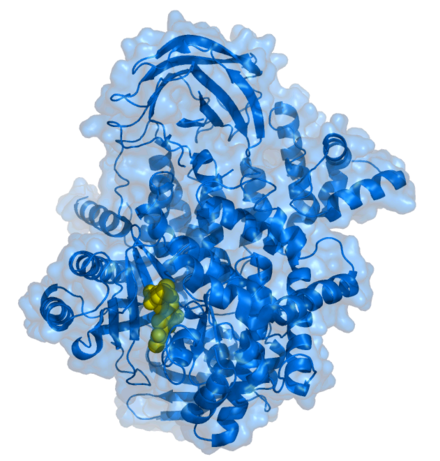
Boosting the Immune System to Fight Breast Cancer
Despite major strides in the early detection and treatment of breast cancer, metastatic disease remains a therapeutic challenge, resulting in over 40,000 deaths per year in the United States. Most breast cancers are the result of genetic mutations that lead to abnormal growth and invasive behavior of the tumor cells. Read MoreJan. 4, 2017
-
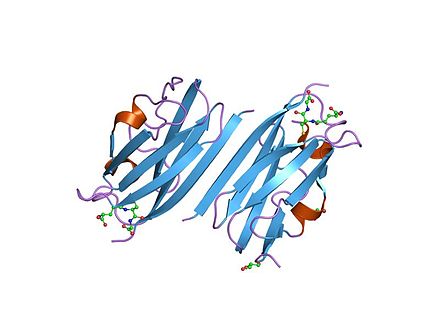
Sensing the Cellular Environment Through Integrins
Integrins are integral membrane proteins found on nearly every cell in multicellular animals. They provide the means by which cells interact with components of the extracellular matrix (ECM). In humans, integrins are heterodimers composed of one of 18 alpha subunits and one of 8 beta subunits, with 24 combinations found… Read MoreJan. 4, 2017
-
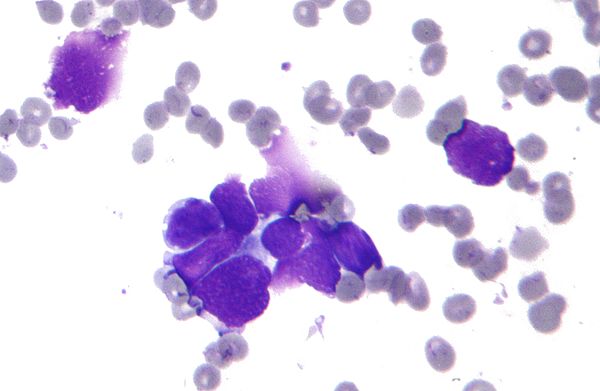
Unlocking the Mysteries of a Deadly Form of Lung Cancer
Small cell lung cancer (SCLC) is a highly aggressive, particularly deadly form of cancer noted for its early metastasis and resistance to therapy. One explanation for these traits is that SCLC is usually composed of heterogeneous cell populations, most often including cells with neuroendocrine (NE) traits and those with mesenchymal-like… Read MoreJan. 4, 2017
-

Investigational new drug for Alzheimer’s scheduled for first study in humans
Vanderbilt University scientists, led by P. Jeffrey Conn, Ph.D., Lee E. Limbird Professor of Pharmacology in the Vanderbilt University School of Medicine and director of the Vanderbilt Center for Neuroscience Drug Discovery (VCNDD), have received notification from the U.S. Food and Drug Administration (FDA) that testing in humans may proceed for an investigational new… Read MoreDec. 28, 2016
-

Sealy, Hasty, Sanders Appointed to Basic Sciences Leadership Team
Dean of Vanderbilt Basic Sciences, Larry Marnett, announced the appointment of three outstanding colleagues to the leadership team of the VU Basic Sciences of the School of Medicine effective January 1, 2017. Linda Sealy will serve as Associate Dean for Diversity, Equity, and Inclusion. Linda has been… Read MoreDec. 21, 2016
-
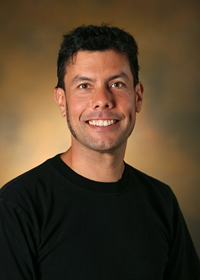
Blind wins Tabor award for work on nuclear lipids
In August, Raymond Blind of Vanderbilt University won the Journal of Biological Chemistry/Herb Tabor Young Investigator Award at the 2016 Phospholipid Signaling in Cancer, Neurodegeneration and Cardiovascular Disease Conference in Steamboat, Colorado. Blind, who has demonstrated that lipid-signaling enzymes can activate genes, received the award from JBC Associate Editor George M. Carman from Rutgers University. Read MoreDec. 20, 2016
-
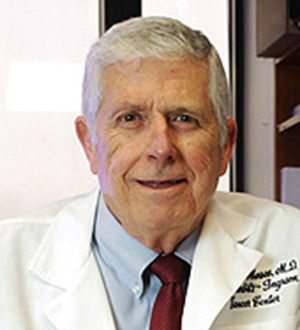
Moses elected to National Academy of Inventors
Harold (Hal) Moses, M.D., Ingram Professor of Cancer Research and director emeritus of Vanderbilt-Ingram Cancer Center (VICC), has been named a Fellow of the National Academy of Inventors (NAI). Moses, professor and interim chair of Cancer Biology, is among 175 academic leaders named to the 2016 class of NAI Fellows. Election to… Read MoreDec. 16, 2016
-
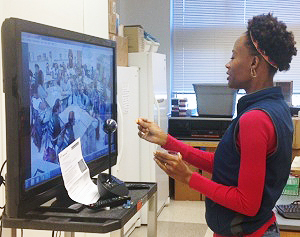
Vanderbilt earns top rankings, including a No. 1, for successful minority recruitment in master’s and Ph.D. programs
Diverse: Issues In Higher Education has ranked Vanderbilt University No. 1 in the United States for the number of doctoral degrees awarded to African Americans in the biological and biomedical sciences for 2014-15. Vanderbilt also earned top 10 rankings for graduate-level degrees in the physical sciences, education and nursing. “This ranking is… Read MoreDec. 13, 2016
-
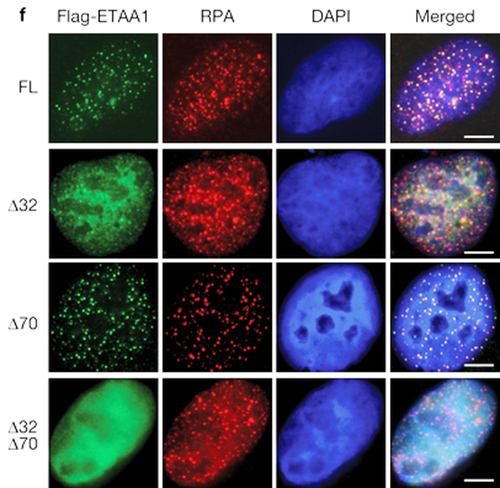
ETAA1 – A New Protein in the Fight Against Replication Stress
The highly complex process of DNA replication is susceptible to a large number of stressors that can lead to stalling, and ultimately collapse, of the replication fork. The cell has multiple pathways to repair stalled forks, enabling DNA synthesis to proceed, but failure to achieve this goal leads to genomic… Read MoreDec. 12, 2016
-
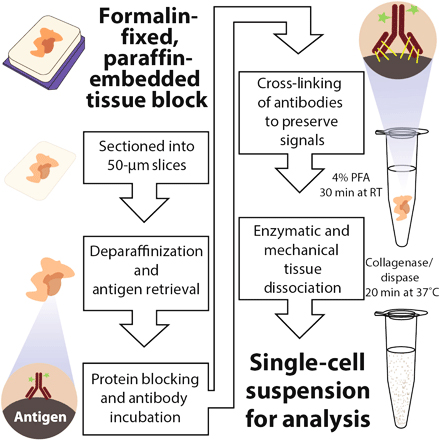
Tapping a Wealth of Information in Tumor Tissue
Accumulating evidence indicates that cancer is the result of multiple genetic mutations that lead to dysregulated cell signaling, growth, and death. This knowledge has led to the discovery of an exciting new armamentarium of therapies intended to disrupt the abnormal cellular responses that result from cancer-associated gene mutations. However, these… Read MoreDec. 12, 2016